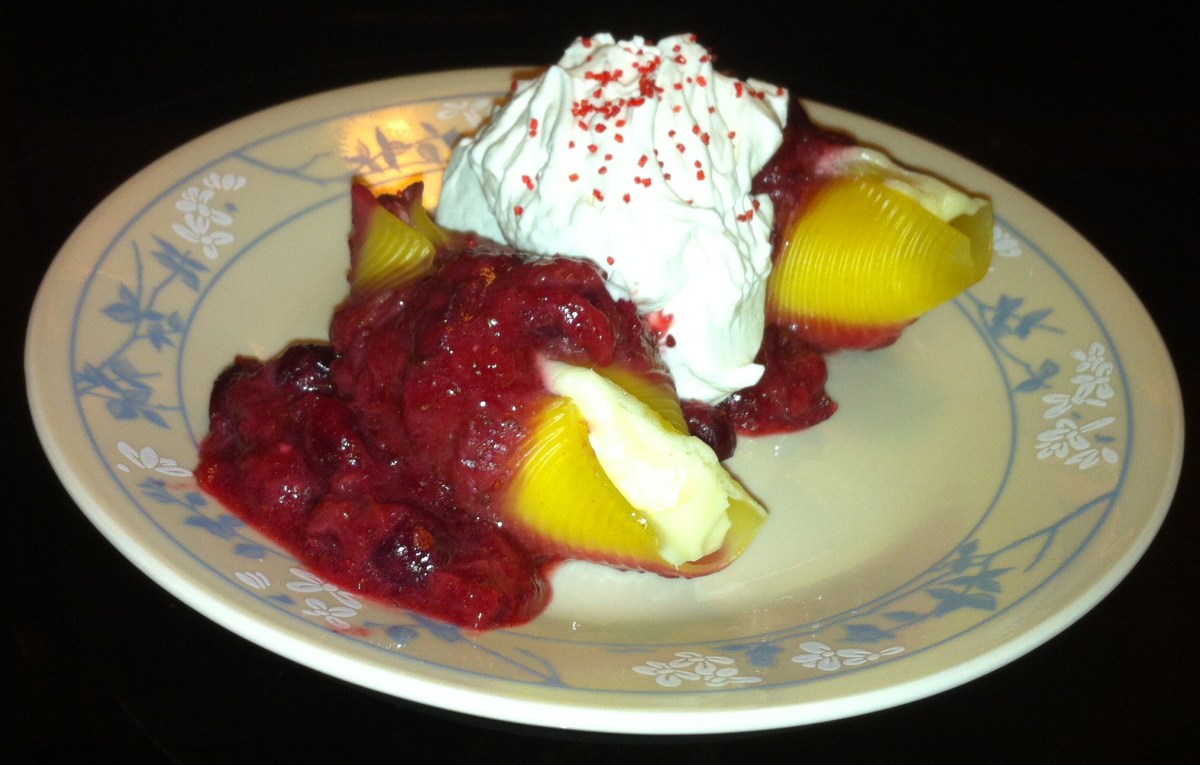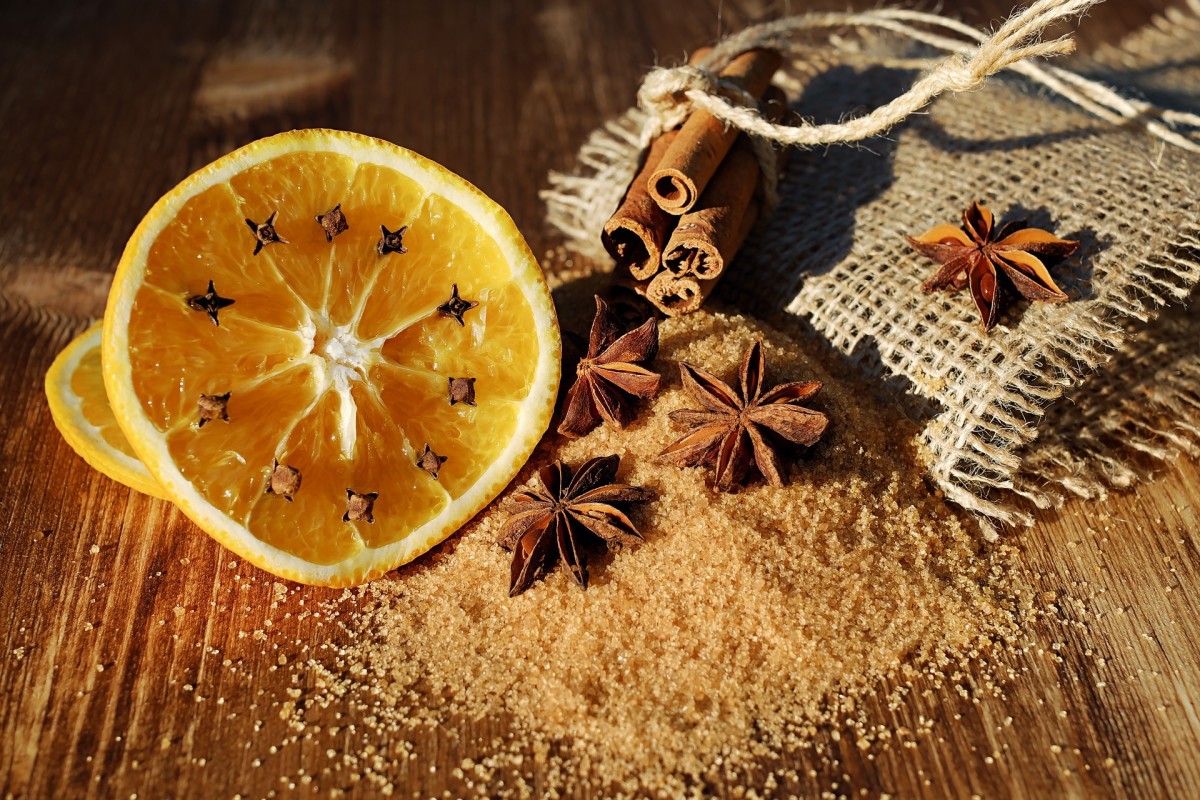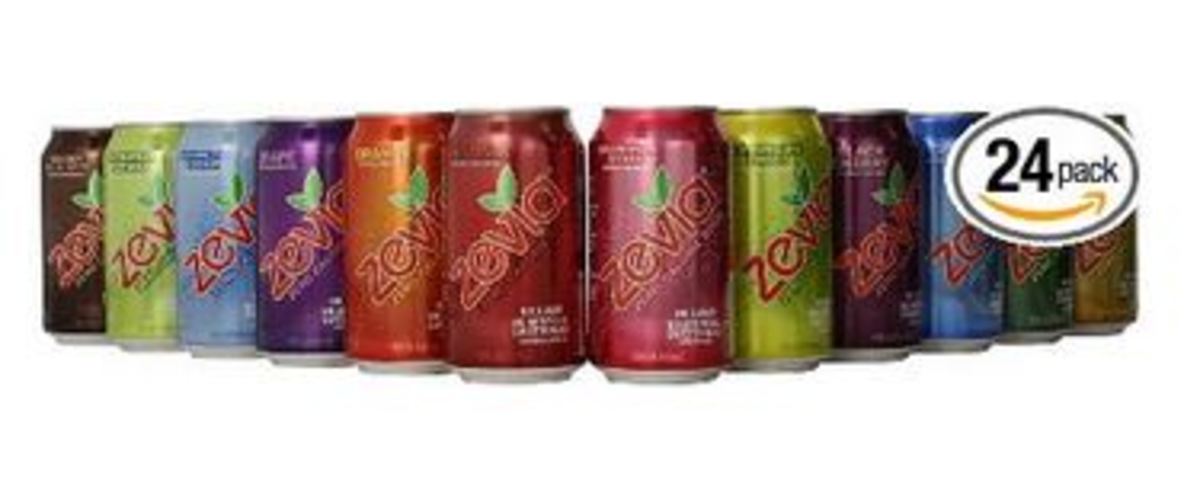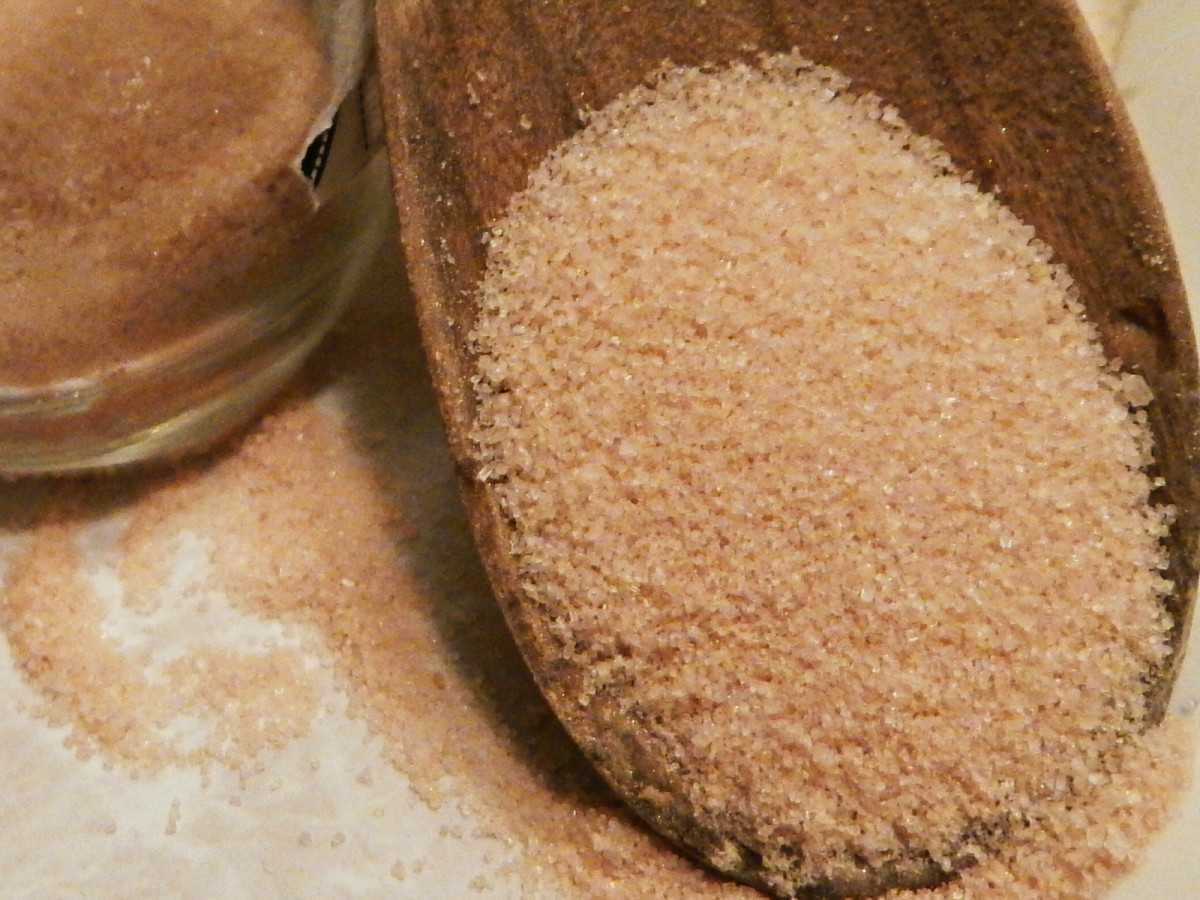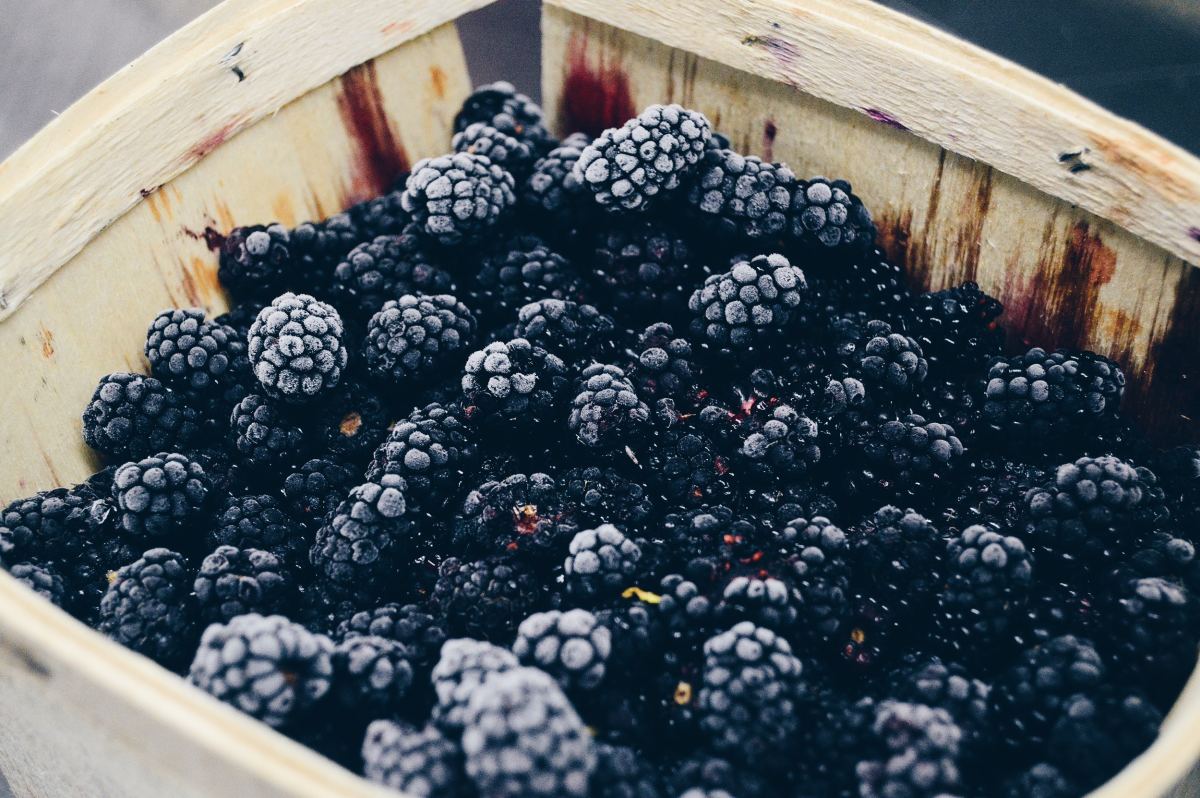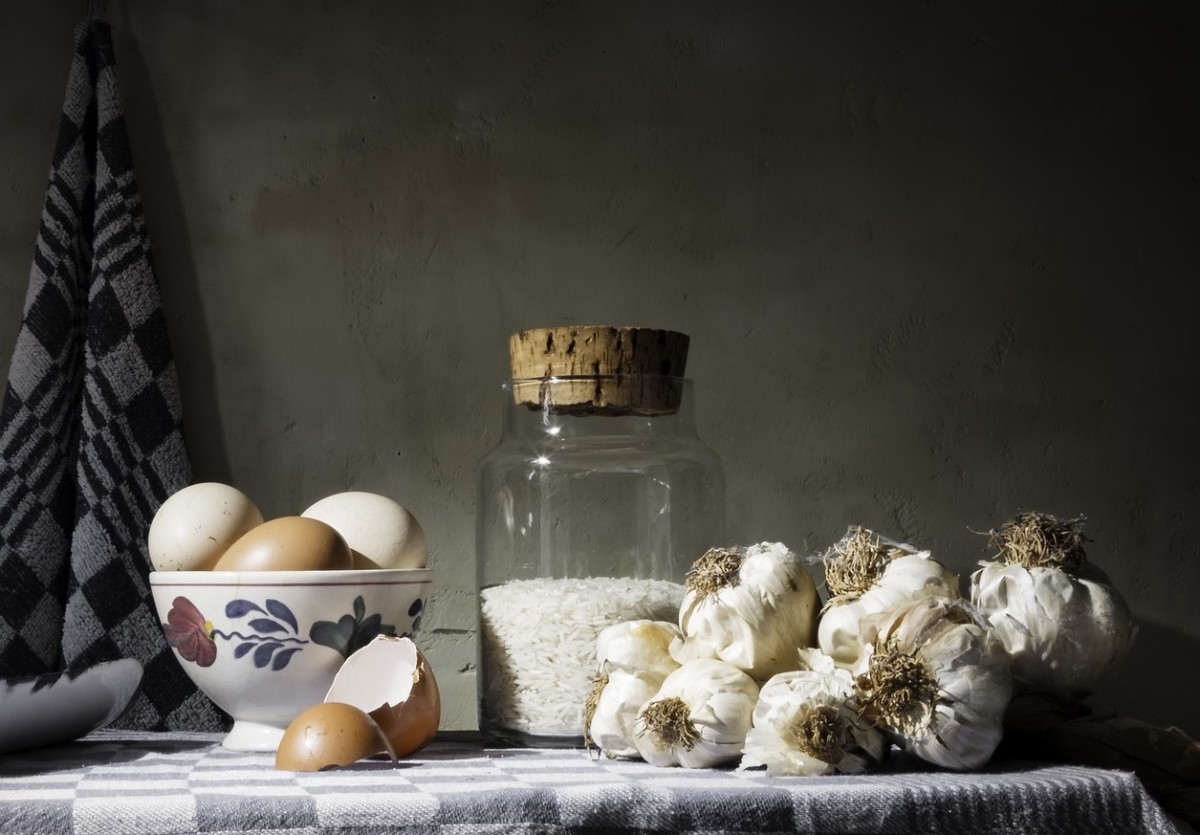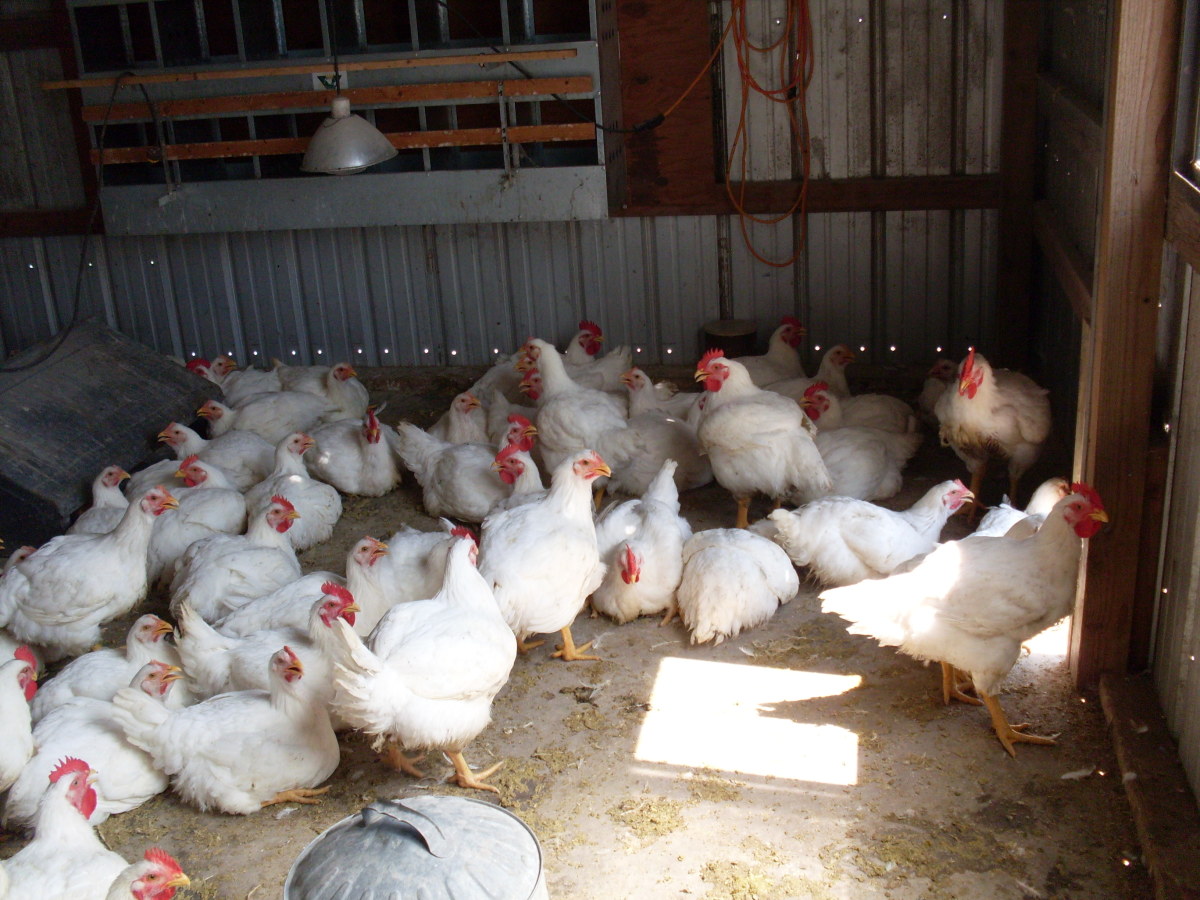Swiss Frozen Strawberries and Brown Sugar
The Best Way to Freeze Strawberries
SWISS FROZEN STRAWBERRIES
Elderly women of past eras, often called strawberries, "the inside out fruit," referring to the fact, that they are the only fruit whose seeds are on the outside. They are an all around favorite American summertime fruit. What most people don't know, is that in the world of plants, they are dainty members of the rose family.
One of my favorite ways to stretch our family's food budget, is to buy local grown u-pick strawberries in large quantities. Unlike most well-known strawberry freezing techniques, I use a short and simple heirloom Swiss method. Try this quick six-step recipe and you will see a wonderful difference in the taste and quality of your frozen strawberries.
The Swiss secret is to dry sugar pack with natural brown sugar, which gives a much superior flavor. Usually, most American recipes use white sugar, which gives the fruit less of a fresh taste. White sugar also makes them look pale when thawed, because white sugar breaks down the normal coloring of the fruit.
There are some very good reasons for using natural brown sugar vs. brown sugar and white sugar (including artificial sugars). This old time method of preserving strawberries with natural brown sugar will convince you of one of the subtlest differences -- that of quality in taste, if nothing else.
SWISS STRAWBERRY RECIPE
1. Pre-prepare your strawberries in the standard fashion, washing them, but halve, quarter, or slice the dirt free berries into a bowl.
2. Measure one pound of natural brown sugar to every four pounds of sliced strawberries.
3. Stir in little by little and very tenderly, until the sugar is dissolved.
4. Leave them stand for ten minutes, then pack them in plastic freezer containers.
5. Allow ½" head space for pint containers and 1" head space for quart containers.
6. Freeze (It is not necessary to quick-freeze them).
Swiss Frozen Strawberries
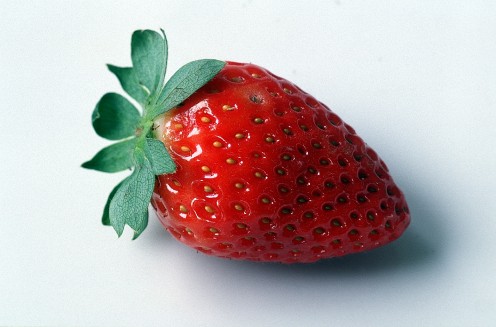
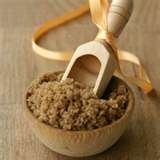
Swiss Strawberry Treats
Of course, rendering strawberries for the freezer wouldn't have been much fun, if we couldn't get a reward for all our efforts. Grama's solution for rewarding us was to bake Swiss Strawberry Treats:
Ingredients:
- 1 cup of butter
- 1 1/4 cups brown sugar
- 1 beaten large egg
- 1 teaspoon pure vanilla
- 2 1/2 cups sifted flour
- 1 1/2 teaspoons baking powder
- 1/2 cup semi-sweet mini chocolate chips
- 1/2 cup finely chopped pecans
- 1/2 cup grated coconut
- 1 cup of chopped strawberries
Instructions:
- Cream butter and sugar
- Add egg and vanilla and mix well
- Sift flour and baking powder
- Blend into creamed butter mixture
- Add all other ingredients (this dough is very stiff)
- Pat dough into grated 15x10x1 inch pan.
- Bake at 350 degrees for 20 minutes.
- Cool slightly and cut into bars.
- Makes 7 dozen cookie bars.
Note: This recipe's dough is very stiff so the easiest way to mix it is with your hands -- which was why we kids liked making it so much.
These treats make excellent additions to school lunches.
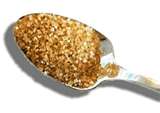
Natural Raw Brown Sugar
Natural raw brown sugar is the only sugar that is truly raw sugar. It's what sugar looks like, before we humans add and detract from the real sugar produced by nature. As the first crystallization of sugar cane, it is commonly processed into the white sugar, that is more popular and in more use.
Natural brown sugar should not be confused with "brown sugar." It has no dyes or chemicals, whereas brown sugar has both. The sugar granules are much coarser. Natural brown sugar does not dissolve as quickly in hot liquids as other sugars. Natural brown sugar has about eleven calories per teaspoon. Brown sugar has twelve calories per teaspoon. Not of a difference calorie wise, but a lot of difference taste wise and additive/chemical wise.
Vive La Difference - Natural Brown Sugar vs. Brown Sugar
Natural brown sugar vs. the brown sugar usually found on the shelves of American markets, is a mixed bag of sugar. It's at the heart of a controversy between natural brown sugar and the "brown sugar" most of us are more familiar with. There is a difference in taste, a difference in cooking with it, and certainly a difference in how fine the granules of sugar look. dissolve, and feel.
This brown sugar is rendered no longer "natural" due to the presence of molasses. On the plus side, adding molasses to the brown sugar increases the good minerals. However, the processing, adds other chemical and dyes, which of course, aren't such a good thing.
Some of the chemicals used to take natural brown sugar into the more processed white sugars and brown sugars are harmful. It's all about the processing of these sugar products that are harmful. Think about adding these chemicals to your food:
- Artificial preservatives
- Bleaching agents
- Flocculants
- Formic acid
- Phosphoric acid
- Sulfur dioxide
- Surfactants
- Viscosity modifiers
Is this what you really want to do? Moreover, this just doesn't apply to brown sugar, it also applies to all white sugar.
Have You Ever Wondered How Commercial Strawberries Are Processed?
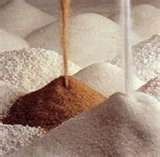
White Sugar
The common white colored sugar most of us use on a daily basis is a highly refined end product and completely chemically manipulated. I've loved it and known it all my life -- but I personally, sadly but firmly, have bid it "farewell," was much as humanly possible in buying American food products.
It's no secret to many of us, that white sugar is probably one of the worse things we can have in our diet, when it comes to our teeth alone. If you want to have the number of cavities drop dramatically in your children's teeth, go on a campaign to severely limit the amount of white sugar they ingest. You'd don't have to eliminate sugar completely, nor should you -- just substitute natural raw brown sugar, or use evaporated cane juice. Chances are, especially if they are younger, they won't know the difference, if you don't make a big deal about it.
Then, just be scrupulous about reading the ingredients on the back of any processed food products you buy, in terms of not purchasing the products who have "sugar" or "sucrose" in their labels. By substituting whenever and wherever you can in your own cooking, and not buying products with hidden sugar in them -- you'll eliminate the majority of harmful sugar in your life, and that of your family members. More importantly, you'll be able to satisfy your sweet tooth.

Artifical Sweeteners
The controversial use of artificial sweeteners has some merit. However, we all know, artificial sweeteners occasionally have their place. Certainly, they offer sweetness, minus calories. They also offer an alternative to those with diabetes, with some precautions. Diabetics should always consult with their physician at length about the use of sugar, including what sugars if any are acceptable. Also, diabetics should discuss how much natural sugar is right for their situation.
Officially, the truth about artificial sweeteners is probably one of those things in life, that won't be determined conclusively for years to come, if ever. Think of it this way, they are empty calories, and if it later turns out that there is irrefutable proof that it does indeed cause cancer -- not using artificial sweeteners makes sense. This is just my opinion, of course.
Not All Sugars Are Alike
Remember that not all sugar comes from sugar cane, many countries, such as those in the Netherlands, use sugar beet to make sugar, instead of sugar cane. The sugar and molasses made from beets have a stronger vegetable odor, and a stronger taste than sugars or molasses made from sugar cane.
It's also interesting to note that, white sugar can be made from beets, and it can also be made by sugar cane.
Homemade Brown Sugar
If you are in the middle of making some cookies or a cake, and discover too late that you've run out of brown sugar -- you may be surprised to know that you can make your own brown sugar.
You simply add one tablespoon of molasses to white sugar, for each cup of brown sugar called for in the recipe.
The Code Words For Sugars
So, now that we've talked about the differences between natural brown sugar, brown sugar, white sugar, and artificial sugars -- some of us need to be more aware of all the hidden code words for other kinds of sugars found in our typical American diet.
If the ingredients list says:
- Dextrose -- You are ingesting something made from starch, grape sugar, or corn syrup
- Fructose -- You are ingesting fruit sugars naturally found in fruits, molasses, and honey. Twice as sweet, but the same number of calories as natural brown sugar
- Glucose -- Found in all sugars, as it's how our bodies convert sugars into glucose
- Honey -- Mostly fructose, but with more carbohydrates.
- Invert Sugars-- Combinations of sucrose, glucose and fructose
- Lactose -- Milk sugars
- Mannitol-- Sugar alcohol
- Molasses -- Syrup from raw sugar
- Sorbitol - Sugar alcohol found in fruits and berries. Same calories as sugar, less sweet.
- Sucrose -- White sugar and all other processed sugars
- Xylitol - Liquid sugar in plants.
Sugar Without Thinking
Far too many of us are ingesting too much sugar without thinking about what and how much sugar we are putting in our bodies. One area that we are particularly bad about is not considering the amount of sugar in our beverages. Take a look at how much sugar is in common American beverage favorites for giving our children:
- Coke -- 9 teaspoons
- Gatorade -- 7 teaspoons
- Juice pouches -- 6 teaspoons (average)
- Kool Aid -- 6 teaspoons (average)

